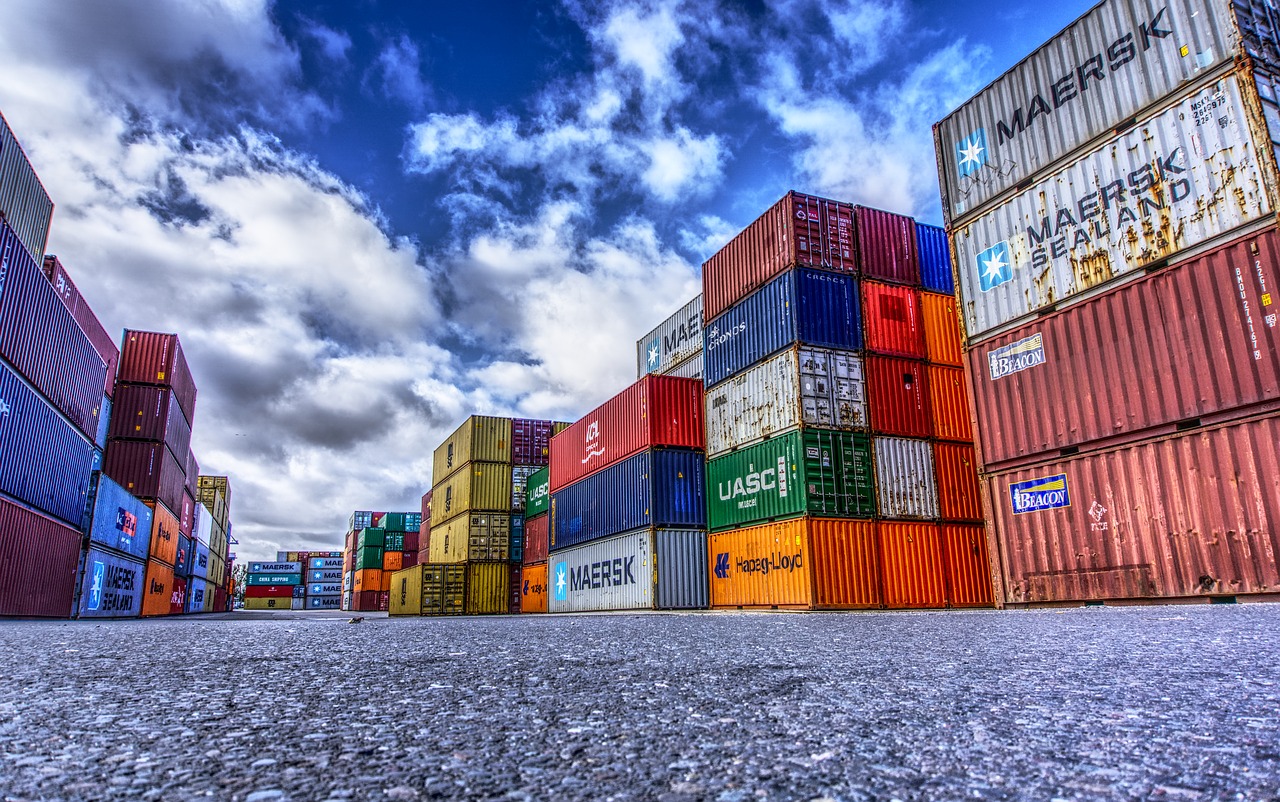Industrial free zones boost Mauritius' export-led manufacturing
12 February 2021 UNIDO

To help developing countries and economies in transition accelerate industrial development and competitiveness, one of UNIDO's areas of focus is to provide them with policy advice.
One example is that, over the years, UNIDO has offered a number of countries policy advice on creating industrial free zones as a way of helping manufacturers in developing countries to expand their production for export. The development of free zones and free port development has long been seen as an aspect of wider policies that could boost trade, industrial development and employment.
Located in the Indian Ocean, off the south-east coast of Africa, Mauritius was a natural business hub for international trade. In the late 1960s, a pro-business government, eager to develop the country's industrial sector, turned to UNIDO for advice on incentives and policy measures. In particular, it requested assistance with a feasibility study on the establishment of an industrial free zone.
Upon the request, UNIDO gave its industrial policy advice and assisted with the initial preparation for the industrial free zone. A highly qualified economist was brought in by UNIDO to advise the Government on export policy matters.
With the help of such advice, the Government was able to play a prominent role in attracting a large amount of foreign investment in the zone, which resulted in a positive impact on the economic front and created the so-called economic "miracle" of the 1970s.
Mauritius' Export Processing Zones Act came into operation in 1970. By March 1973, over 14,000 jobs had been created and 34 new factories had been established in the industrial free zone, manufacturing products such as textiles and garments, food and beverages, batteries and particle board.
Since then, Mauritius has developed into one of the world's most successful export processing zones.
In a letter to UNIDO dated on 28 February 1973, the UNDP Resident Representative noted that UNIDO enjoyed a good reputation in Mauritius as its efforts played a major role in the architecture of the Government's plans for industrial activities.